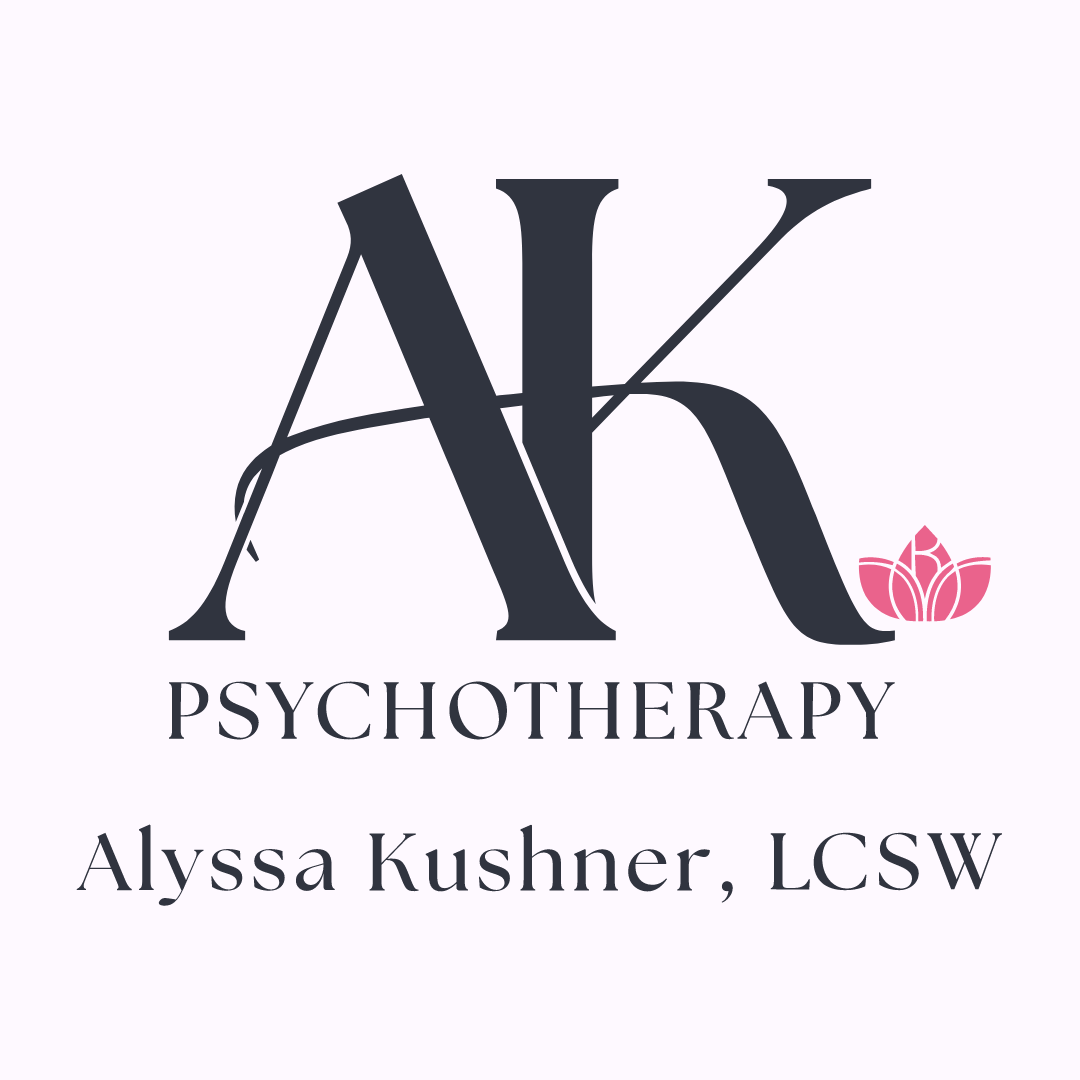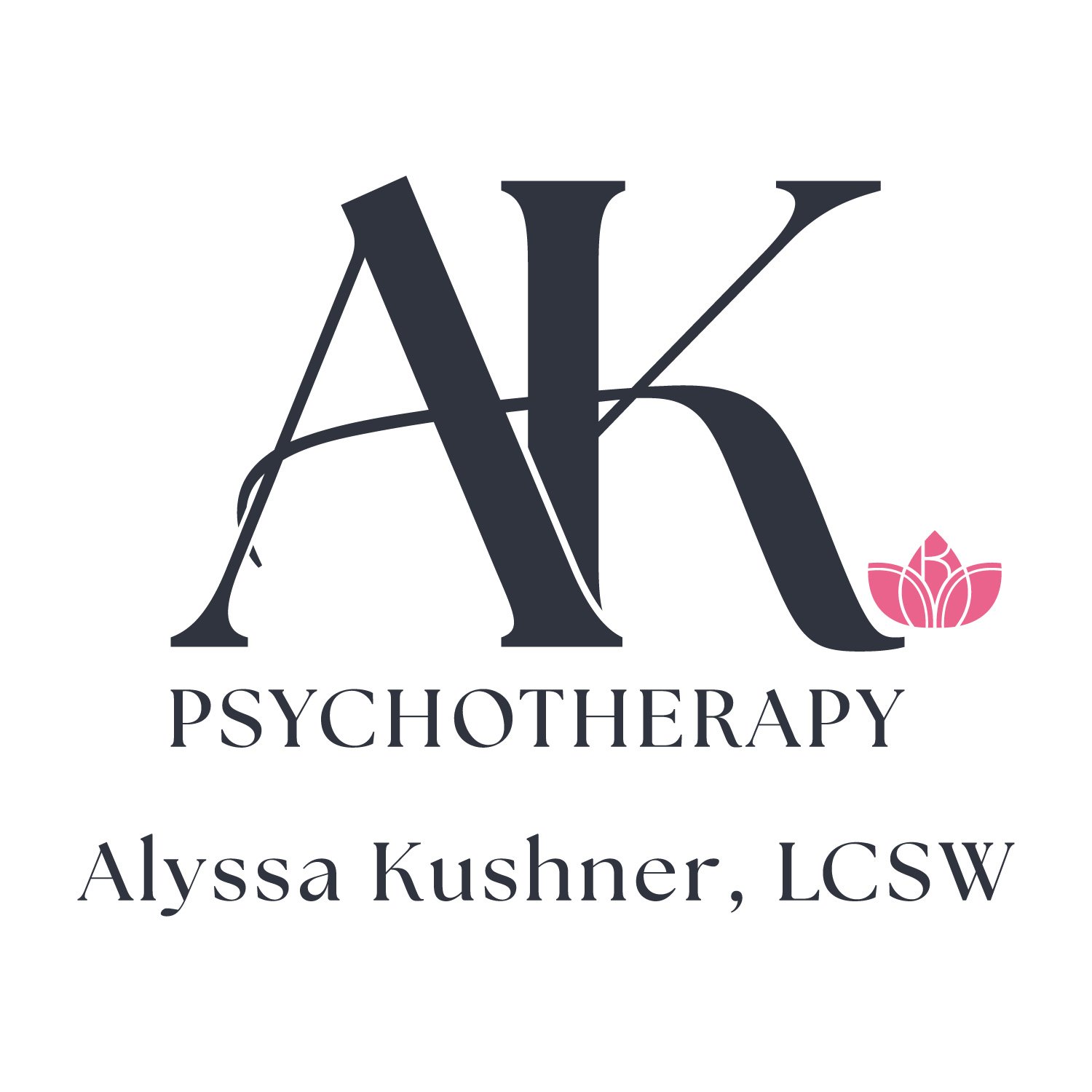7 Signs Of Enmeshment In Relationships
Enmeshment is a term that describes a dynamic in a relationship (whether a romantic partner, friend, or family) where you are intertwined with one another in an unhealthy way, with very little to no boundaries, autonomy, and independence.
This is a tell-tale sign of a codependent relationship and often those who grew up in enmeshed homes, end up in codependent relationships in adult years. While having a loving and mutually supportive relationship where you are there for one another is healthy, enmeshed dynamics are those that cross over into unhealthy territory (depending on your cultural background).
Here are some examples of what enmeshment may look like in relationships:
1. Over-responsibility for other people's emotions and problems
Belief: What is your feeling or pain, is mine.
While an authentic relationship requires deep connection and empathy for one another, enmeshed dynamics is where one persons feelings and pain is completely taken on as the others. In healthy relationships you may feel for the person deeply and try your hardest to support them, but you understand that what they are going through is theres and not yours or your responsibility. There is separation here and you are your own separate people with separate feelings, problems, and pains.
2. Rescuing
Belief: Your issues are mine to fix and your pain is mine to solve.
Similarly, when someone else has a problem, enmeshment looks like taking on that persons problems as your own, doing anything you can to fix it and problem solve or even give unsolicited advice. The issue is that you are not allowing someone else to have autonomy over their life. You have to trust that people can take care of themselves even if you were taught that they cant. Often rescuing can lead to enabling, because it doesn’t give the person the chance to figure things out for themselves and can create a codependent dynamic of relying on someone else.
3. Oversharing, lack of privacy, and lack of space
Belief: Closeness requires being together 24/7 and sharing everything with one another, withholding info is secrecy.
With enmeshment there is little space for privacy and your own space and time. If having privacy and details the other doesn't know about is looked down upon, that is not healthy. Regardless of if you’re related or in a partnership, human beings have the right to their own space, privacy, intimate details, and personal info that others dont know about. You don’t need to tell each other literally everything. And there are boundaries around who gets told what information. With no boundaries and enmenshemt, there is no line and everything is shared. Same with space- healthy relationships require space from one another, a sign of enmeshment is spending 24/7 together with little to no time a part. If you are speaking to and hanging out with another person constantly, that is not closeness that’s enmeshment.
4. Lack of or very little boundaries
Belief: It’s wrong or selfish to have boundaries
Boundaries are frowned upon, non existent, or not respected in enmeshed dynamics. If you say no - this is seen as “rude” or a threat. You may not even know how to set them and if you try, they are not respected.
5. Decisions are always made together
Belief: I can’t trust myself and I need your opinion and approval to make a decision
While you may value your loved ones opinions- you need to make decisions and choices without the other one. If every single decision, choice, or opinion is vetted through the other person, this is taking away your autonomy and independence. When a choice has been made, even if theres a disagreement it needs to be respected.
6. Being guilt tripped or shamed
Belief: If I attend to my needs or take care of me, I’m disappointing others or doing something wrong
If you experience guilt whenever you have a thought, a feeling, or make a decision that isn't filtered through or aligned with your loved one - this may be a sign that you don't feel you are allowed to have these thoughts/feelings/opinions/and choices. If someone makes you feel bad for taking care of you or if there is a passive aggressive “joke” that has a hidden guilt inducing meaning behind it - this is guilt tripping. For example, your friend asks you to hang and you say you can’t. They respond, “you're never available and don't care about me, it's fine I’ll just hang alone” - this is a way to guilt trip you and that's manipulation. It may come off as “care” but it's unhealthy and not fair.
7. Shared opinions and values, always
Belief: We need to have the same values and opinions to be close
Self-expression is not welcome. Of course in relationships and family, there will be some shared opinions and values. But in enmeshed families or relationships- having all of the same opinions and values is seen as important and any individuation and differences is not welcome. If you are trying to express yourself and it's looked down upon or you are guilt tripped about it - this is enmeshment.
If these signs apply to your family or a relationship of yours - don’t worry! You can work on this! Recognizing these signs and bringing awareness to this dynamic is the first step as always. Next is understanding and learning who you are outside of this relationships. And finally, setting boundaries and creating healthy space is important.
If you would like to start shifting this, it’s important to work on it in therapy. It can be helpful to role play, think about what you need to say, understand the needs you have, and find out what your emotions and opinions are outside of the relationship.
If you would like to work on enmeshment, boundaries, or codependency in therapy, I would be happy to set up a free 15 minute phone consultation to see if it’s a good fit!
Email alyssakushnerlcsw@gmail.com or schedule a free 15 min phone call.
Follow my instagram page for more learning, tools, and inspiration.


